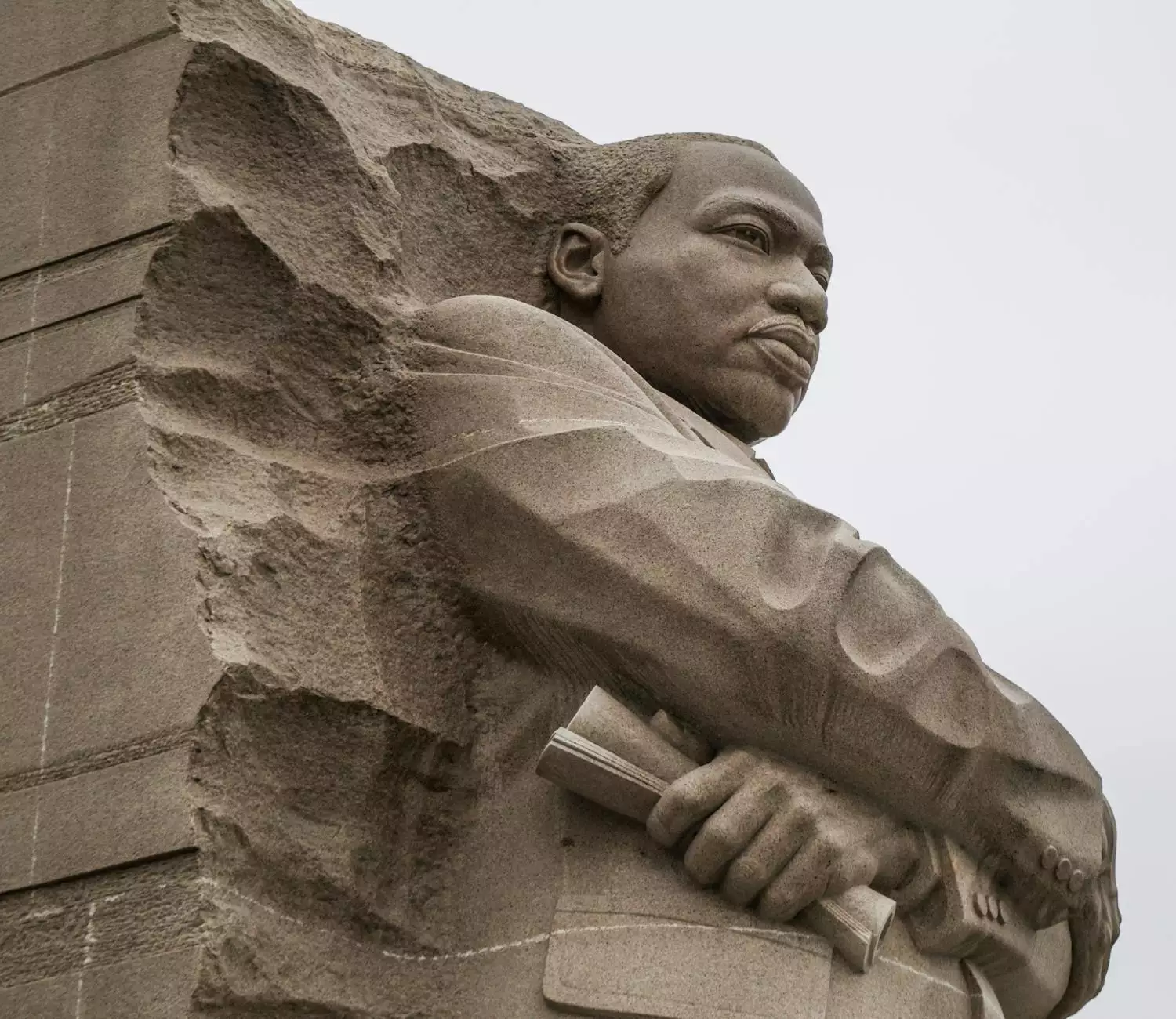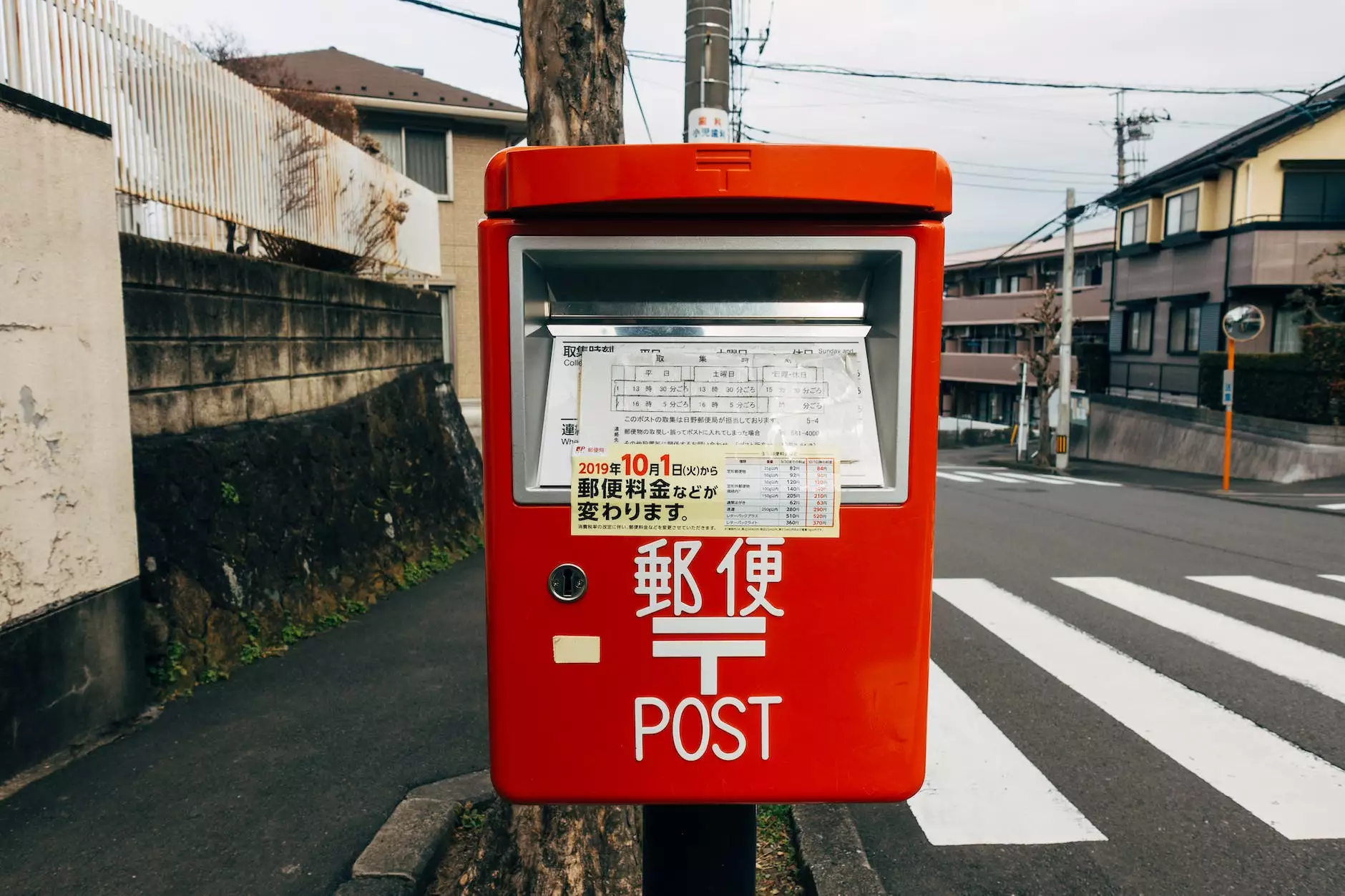Understanding Jacksonville's Role During the American Civil War
History
The Historical Significance of Jacksonville
Jacksonville, located in Florida, holds undeniable historical significance as one of the key cities during the American Civil War. This captivating city witnessed crucial events and played a substantial role in shaping the outcome of the war. Its strategic location, vibrant community, and involvement in various military operations make it a center of historical interest to this day.
Jacksonville's Strategic Position
Situated along the Atlantic coast, Jacksonville served as a crucial supply point for the Confederacy, facilitating the transportation of essential resources such as cotton, timber, and goods. It also boasted a well-connected railway network that linked it to other major cities, making it a vital hub for military movements and logistics. The city's geographic significance made it a key target for both Union and Confederate forces during the Civil War.
Key Military Operations in Jacksonville
During the Civil War, Jacksonville witnessed several significant military operations that left an indelible mark on its history. One notable event was the Union occupation of the city in 1862. This occupation became a turning point for the local community and set the stage for subsequent developments.
Furthermore, the city's surrounding areas witnessed a series of skirmishes, as both Union and Confederate troops vied for control. Notable battles such as the Battle of Olustee occurred nearby, leaving a lasting impact on the region's history and remembrance. These engagements revealed Jacksonville's strategic value and the intensity of the struggle for dominance between the Union and Confederate forces.
Notable Personalities in Jacksonville's Civil War History
Several key figures emerged during the Civil War period, shaping Jacksonville's history and contributing to the overall narrative of the war. One such influential personality was Confederate General Joseph Finegan. Finegan played a critical role in defending the region and coordinating military operations in and around Jacksonville. His leadership skills and strategic acumen left a lasting legacy.
On the Union side, Brigadier General Truman Seymour led the occupation of Jacksonville, establishing a Union presence and implementing policies that reshaped the local landscape. Seymour's tenure in the city showcased the Union's determination to maintain control and assert its dominance.
Post-War Impacts and Legacy
After the end of the Civil War, Jacksonville underwent a period of significant change and reconstruction. The city's historical importance as a site of conflict and its strategic position propelled its growth and development in the post-war years. This transformation paved the way for the emergence of a vibrant community and a rich cultural heritage that can still be experienced today.
Today, Jacksonville proudly preserves its Civil War heritage through historical sites, museums, and commemorations. Visitors can immerse themselves in the city's past by exploring attractions such as the Jacksonville Historical Society or participating in guided tours that delve into the local history during the American Civil War.
Conclusion
Jacksonville's role during the American Civil War remains a vital chapter in the city's history. Its strategic position, key military operations, and the contributions of notable personalities all contribute to its unique historical significance. Understanding Jacksonville's role during this era allows us to appreciate its heritage, learn from the past, and honor those who lived through this crucial period in American history.




